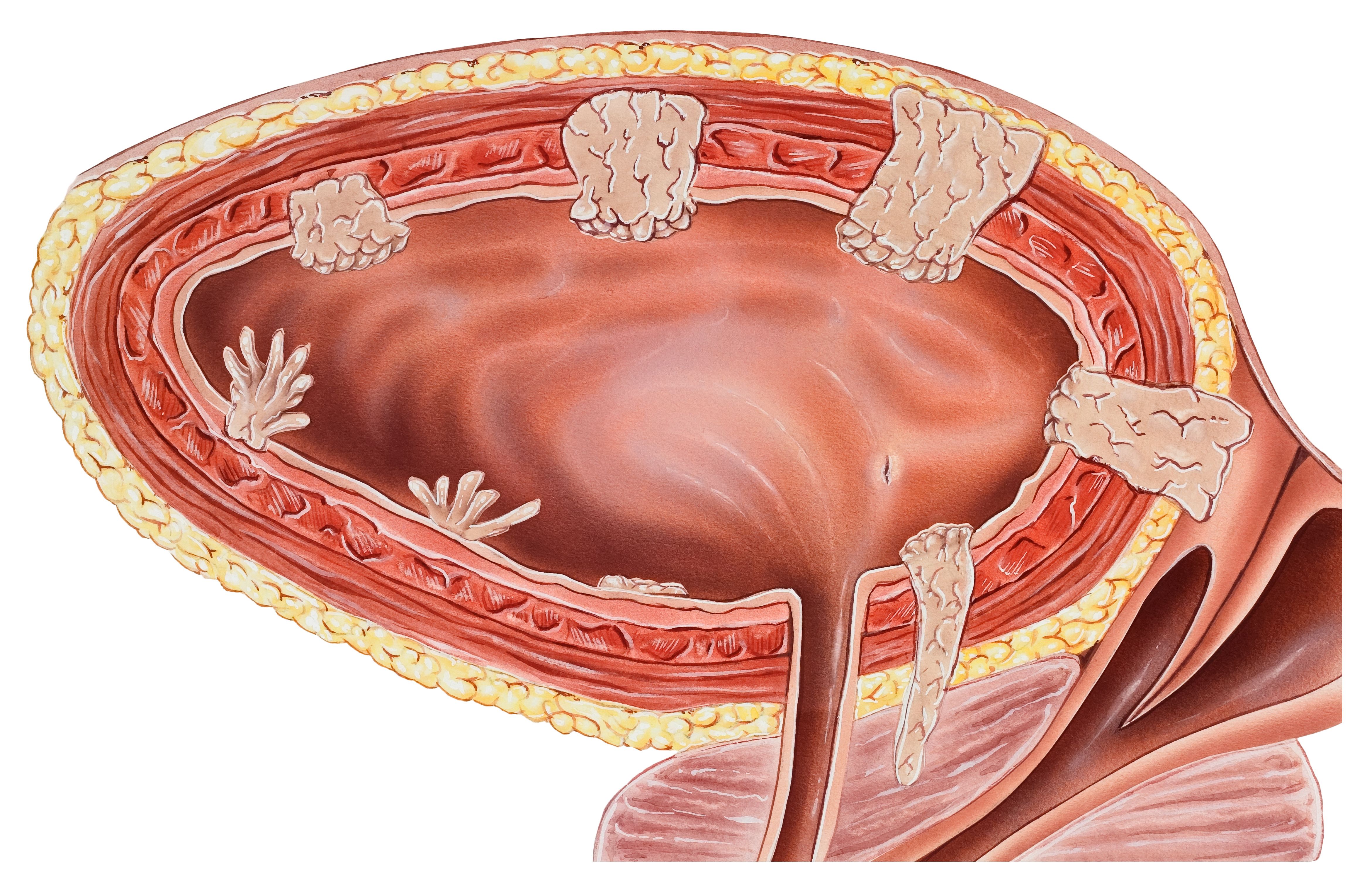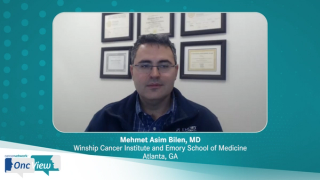
Genitourinary Cancers
Latest News
Video Series

Latest Videos
Shorts

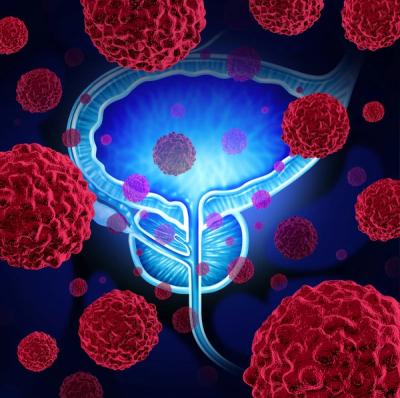
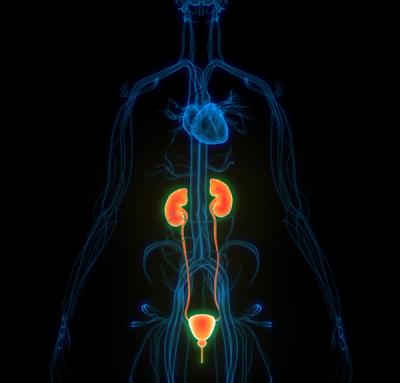

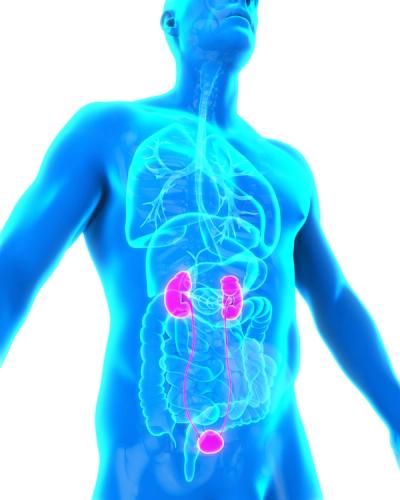
Podcasts
CME Content
More News

Stereotactic body radiotherapy alone may be feasible instead of immediate systemic therapy in select patients with oligometastatic cancer.

More than 80% of patients in cohort B of the QUILT-3.032 study avoided cystectomy at 36 months after treatment with nogapendekin alfa plus BCG.

Findings from the phase 3 TRITON3 trial evaluating rucaparib in adult patients with metastatic BRCA-mutated CRPC supported the regulatory decision.

A 6-month CR rate of 62% was observed with detalimogene voraplasmid in treating patients with BCG-unresponsive non–muscle invasive bladder cancer.
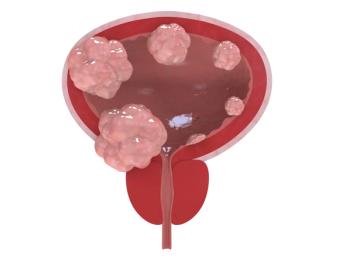
The FDA agreed that data from the UTOPIA trial, with UGN-103 demonstrating a 77.8% 3-month CR rate in patients with LG-IR-NMIBC, support an NDA submission.

Among patients with locally advanced/metastatic urothelial cancer who received at least one 2.2 mg/kg dose of BL-B01D1, the confirmed ORR was 44.1%.

The PSA response rate and radiographic PFS were similar with the 177Lu-based combination regimen vs the radiotracer alone in metastatic CRPC.

Pembrolizumab plus belzutifan is the first combination therapy to improve DFS vs pembrolizumab monotherapy in the adjuvant treatment of those with RCC.
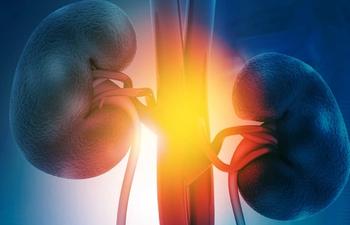
Belzutifan/lenvatinib also showed a favorable trend toward improvement for overall survival in this advanced renal cell carcinoma population.
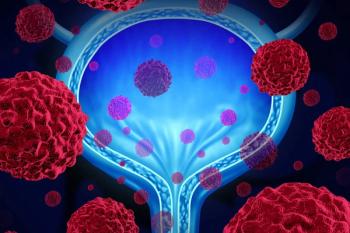
Enfortumab vedotin plus pembrolizumab before and after surgery improved EFS vs surgery alone in patients with MIBC in the phase 3 EV-303 trial.

Previous results from the study found improvement in the primary end point of PSA-PFS with apalutamide in recurrent prostate cancer.

Findings from the PSMAddition trial support the benefit of the early addition of lutetium Lu 177 vipivotide tetraxetan in metastatic HSPC.

Findings from the ENZARAD trial support adding enzalutamide to androgen deprivation therapy for those with positive lymph nodes.
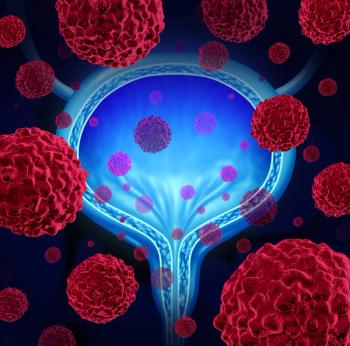
Disitamab vedotin plus toripalimab achieved a median 13.1-month PFS and median 31.5-month OS in patients with HER2-expressing advanced urothelial carcinoma.

At 8 years follow-up, patients with recurrent prostate cancer in the enzalutamide/leuprolide arm had an OS rate of 78.9% vs 69.5% vs leuprolide alone.

Capivasertib plus abiraterone shows consistent benefits across clinical end points in the phase 3 CAPItello-281 trial.

Enfortumab vedotin plus pembrolizumab enhanced survival rates for patients with muscle-invasive bladder cancer not eligible for cisplatin chemotherapy.
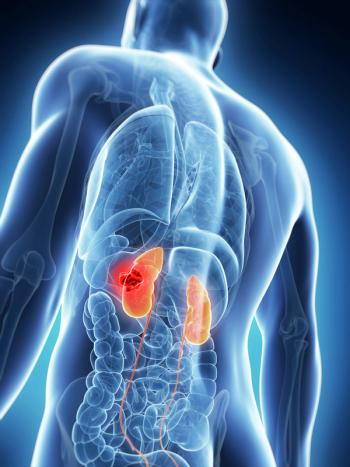
Fruquintinib plus sintilimab significantly enhanced PFS in advanced RCC offering a promising second-line treatment option.
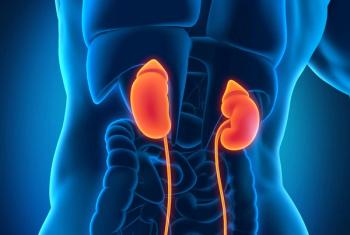
Lenvatinib and everolimus significantly enhanced progression-free survival in metastatic clear cell RCC compared with cabozantinib, despite higher toxicity rates.

Updated results from SunRISe-4 support further investigation of the gemcitabine intravesical system plus cetrelimab in MIBC.
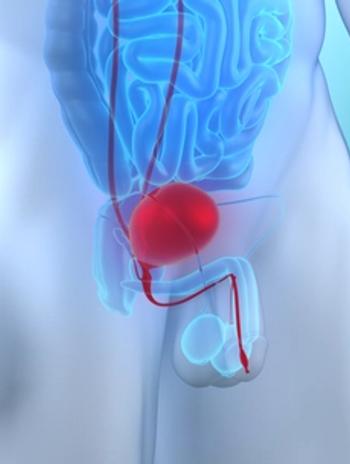
Data from POTOMAC support durvalumab plus BCG and induction and maintenance therapy as a new treatment option in BCG-naive, high-risk NMIBC.

New findings reveal that adding durvalumab to neoadjuvant chemotherapy does not enhance HRQOL in muscle-invasive bladder cancer patients.

Updated results from CheckMate 274 support adjuvant nivolumab as a standard of care for patients with high-risk muscle-invasive urothelial carcinoma.

The safety profile of the atezolizumab with Bacillus Calmette-Guérin in NMIBC was consistent with that of each individual agent.
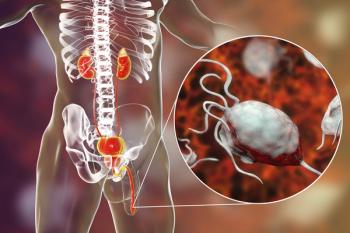
Anticipated data from the ESMO Congress 2025 may have implications for standards of care across prostate and bladder cancer groups.



